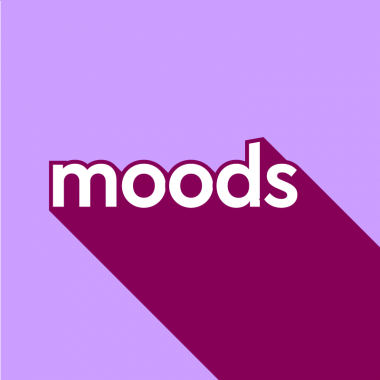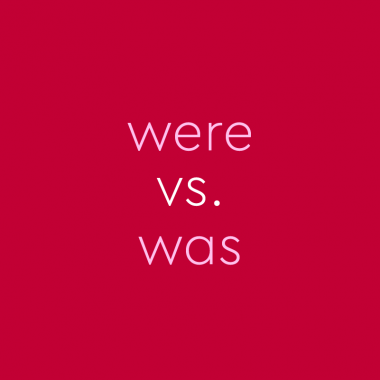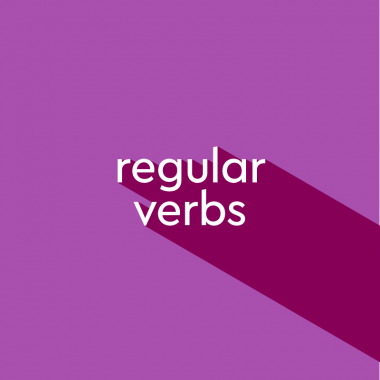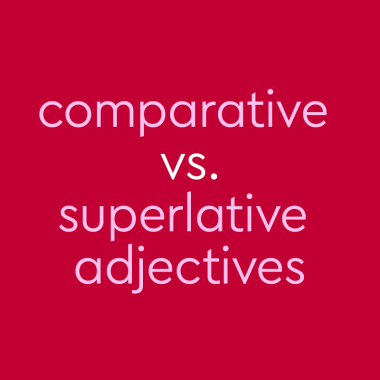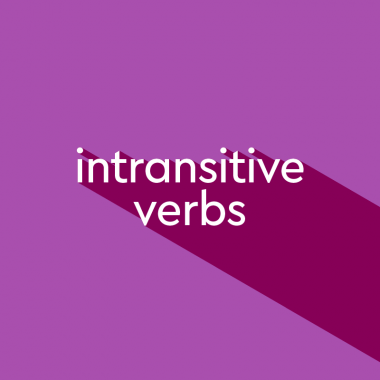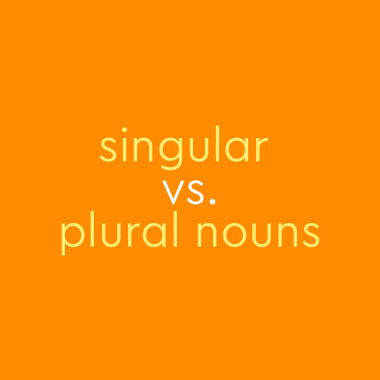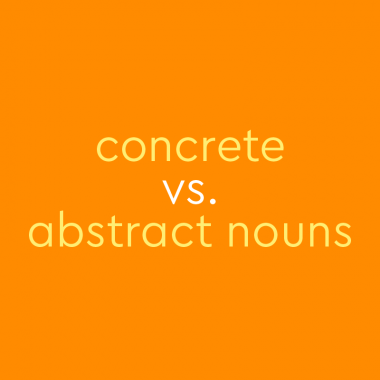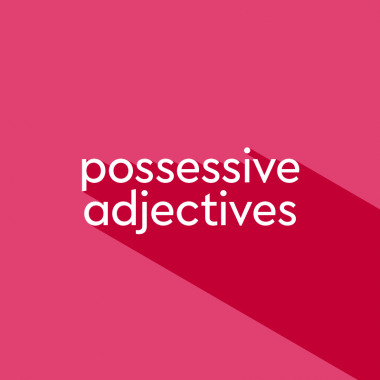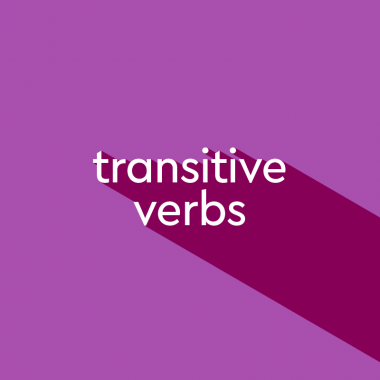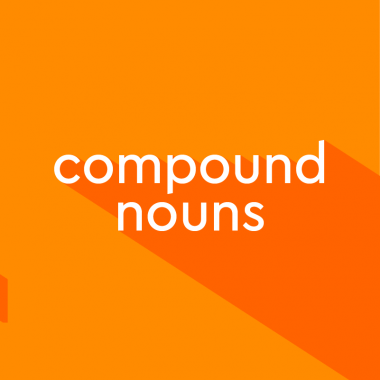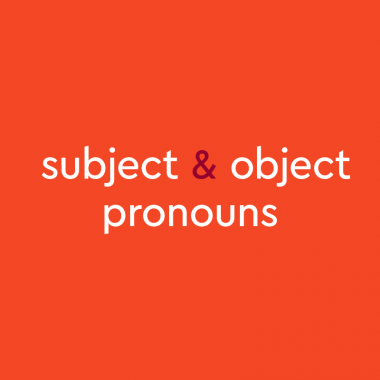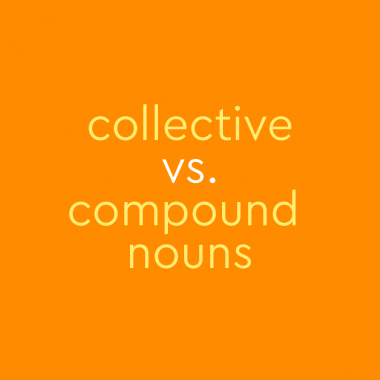Verb Moods In English Grammar: What Are They?
If you study English grammar, you likely know that verbs have present, past, and future tenses that we use to express when something happens. While most English speakers know about tenses, there is a much less commonly known grammatical aspect of verbs: moods. In grammar, a verb mood is used to express a specific attitude. We hope we didn’t ruin your good mood by bringing …
